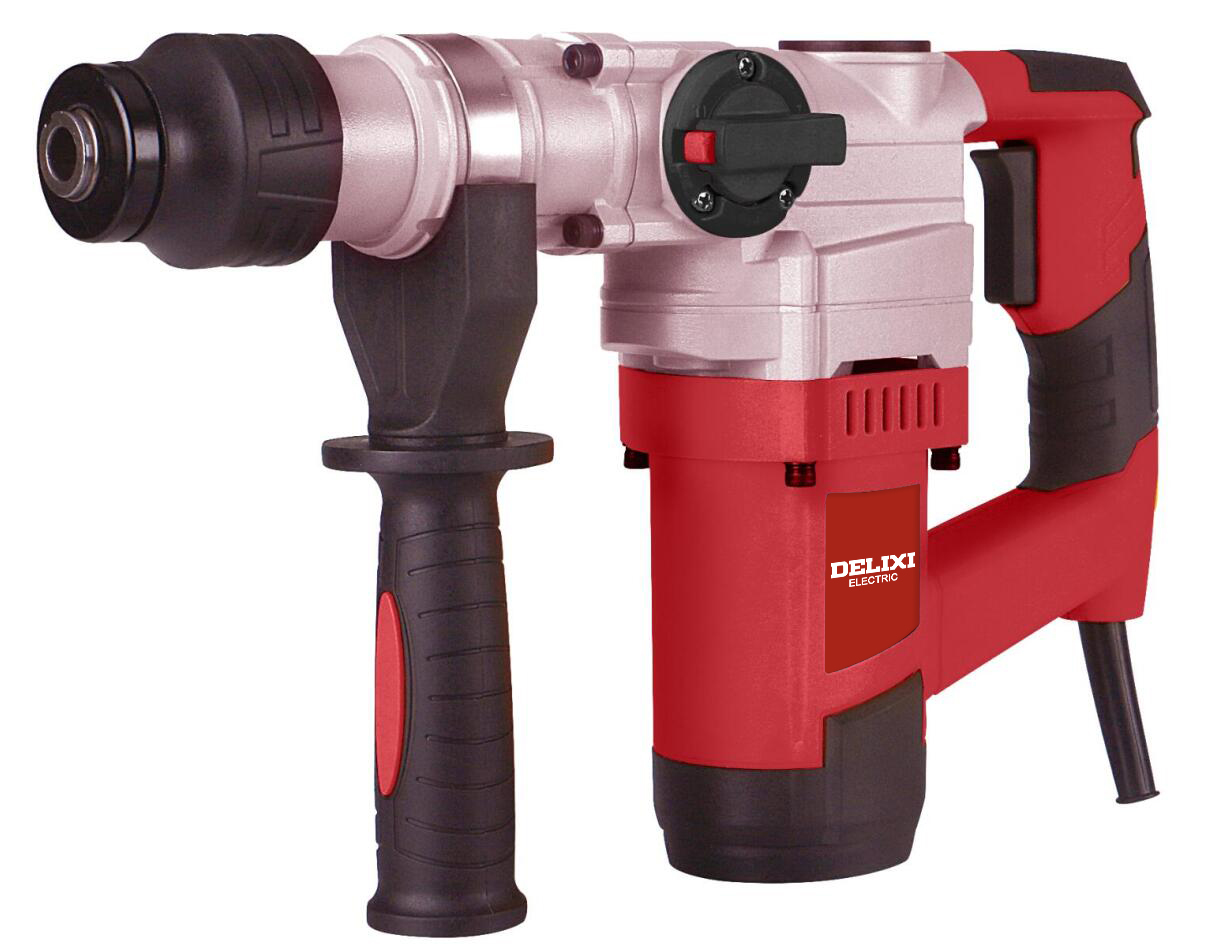Power Tools and Electronics: A Convergence of Functionality and Innovation
In the realm of technology, the lines between different categories of devices are becoming increasingly blurred. One question that often arises in this context is: Are power tools considered electronics? The answer to this question is not as straightforward as it might seem. It requires an understanding of what constitutes an electronic device and how power tools fit into this definition.
Electronics, as a field, encompasses devices that use the controlled motion of electrons through different media and vacuum. These devices are primarily used to manipulate electrical energy to achieve a specific outcome. In this context, power tools can indeed be considered electronics, as they use electrical energy to perform their functions. However, the classification of power tools as electronics is not as simple as it seems.
Power tools, by definition, are tools that are powered by an external source, typically electricity. This includes a wide range of devices, from drills and saws to sanders and grinders. While these tools use electrical energy, they also rely heavily on mechanical components to perform their functions. This combination of electrical and mechanical elements makes power tools a unique category of devices that straddle the line between electronics and mechanics.
The integration of electronic components into power tools has increased significantly in recent years. Modern power tools often include electronic components that enhance their functionality and efficiency. For instance, many power tools now come with electronic speed controls that allow users to adjust the tool's speed to suit the task at hand. Other tools feature electronic brakes that quickly stop the tool's motion once the trigger is released, enhancing user safety.
Moreover, the advent of cordless power tools has further blurred the line between power tools and electronics. These tools use rechargeable batteries to power their motors, eliminating the need for a constant power source. The batteries used in these tools are similar to those used in many electronic devices, further reinforcing the connection between power tools and electronics.
However, despite these overlaps, power tools are typically not classified as electronics in a traditional sense. This is primarily because the primary function of a power tool is not achieved through the manipulation of electrical energy, but through the mechanical action that this energy enables. The electronic components in power tools are generally considered secondary to their mechanical components.
In conclusion, while power tools do incorporate electronic components and use electrical energy, they are not typically classified as electronics due to their heavy reliance on mechanical components. However, the increasing integration of electronic components into power tools indicates a convergence of these two fields, making the question Are power tools considered electronics? more relevant than ever. As technology continues to evolve, we can expect the lines between different categories of devices to become even more blurred, leading to exciting new innovations and possibilities.

Post Comment